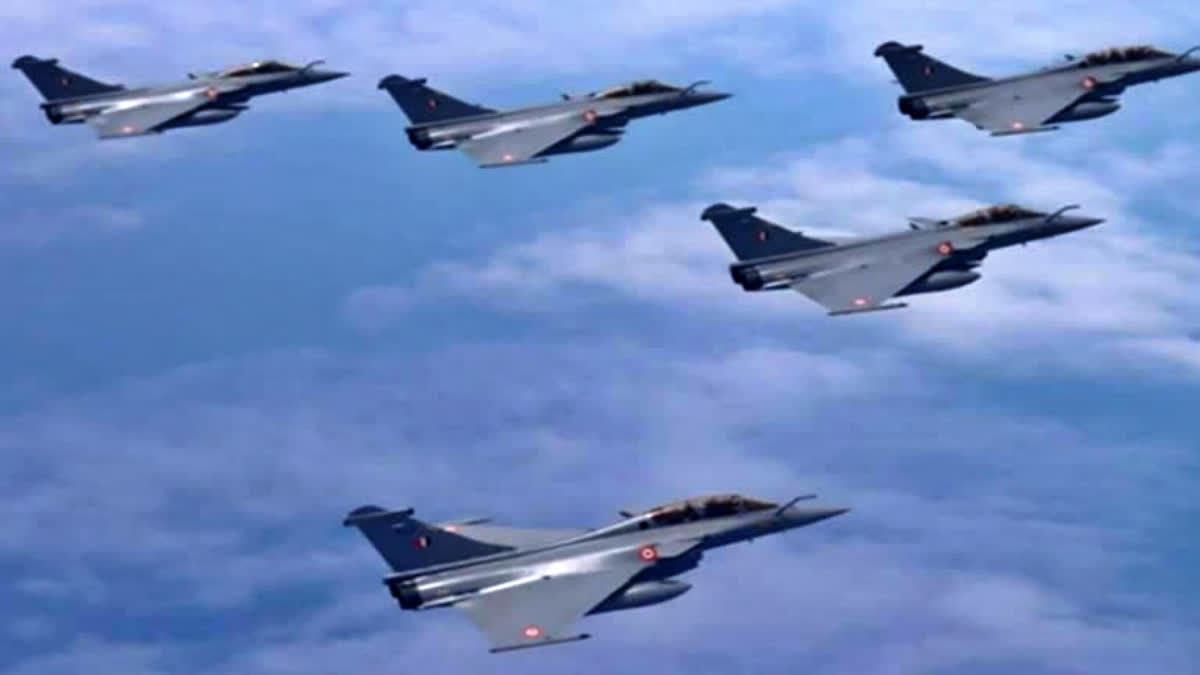New Delhi: In the aftermath of India's Balakot strikes, several countries offered to send special envoys and China too suggested that it could send its deputy minister to both countries to seek de-escalation but New Delhi declined the offer, says former diplomat Ajay Bisaria.
In his upcoming book, Bisaria, who was serving as Indian High Commissioner to Islamabad in that period, also writes that India was willing to send an aircraft of the Indian Air Force to Pakistan to bring back Wing Commander Abhinandan Varthaman, but the Pakistani government refused permission. Varthaman (now Group Captain) downed a Pakistani jet on February 27, 2019, before his MiG 21 Bison jet was hit in a dogfight.
Pakistan had launched the retaliation for the Balakot airstrikes a day before. Varthaman was captured by the Pakistani Army and was released two days later. "We were willing to send an Indian Air Force aircraft to pick him up but Pakistan refused permission; the optics of an Indian Air Force plane landing in Islamabad after all that had happened over the previous three days, was, of course, not acceptable to Pakistan," Bisaria writes.
In his book, 'Anger Management: The Troubled Diplomatic Relationship Between India and Pakistan', he also says several countries had offered to send special envoys over to the subcontinent but this was no longer necessary. "Even China, not to be left behind, had suggested that it could send its deputy minister to both countries to seek de-escalation. India had politely declined the offer," he says.
In the book published by Rupa, Bisaria, who had a distinguished diplomatic career spanning 35 years, delves into various aspects of India-Pakistan relations since Independence. The ties between India and Pakistan came under severe strain after India's warplanes pounded a Jaish-e-Mohammed terrorist training camp in Balakot in Pakistan on February 26, 2019, in response to the Pulwama terror attack.
Bisaria says that the day after India's air strikes at Balakot, the ambassadors of the US, UK, and France were informed during a briefing by the then Pakistan foreign secretary Tehmina Janjua about a message she received from the Pakistan Army. The message said that "nine missiles from India had been pointed towards Pakistan, to be launched any time that day".
"The foreign secretary requested the envoys to report this intelligence to their capitals and ask India not to escalate the situation. The diplomats promptly reported these developments, leading to a flurry of diplomatic activity in Islamabad, P5 capitals, and in New Delhi that night," Bisaria writes. The permanent members of the UN Security Council, Russia, the United Kingdom, the United States, China and France are known as P5 nations.
